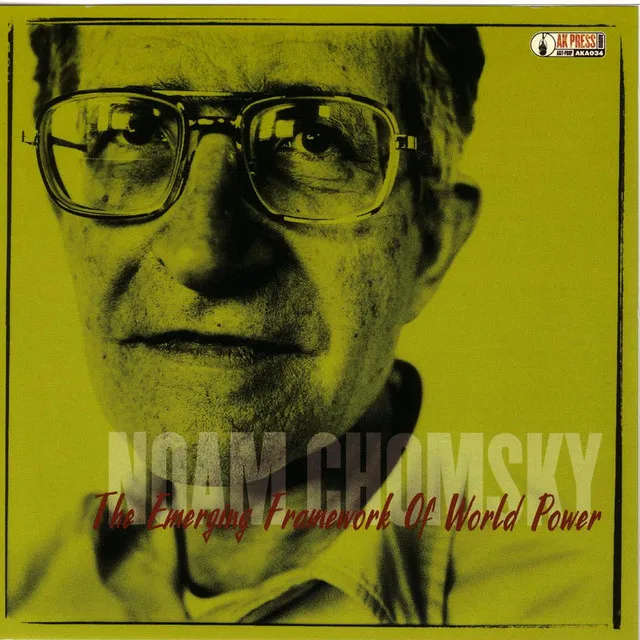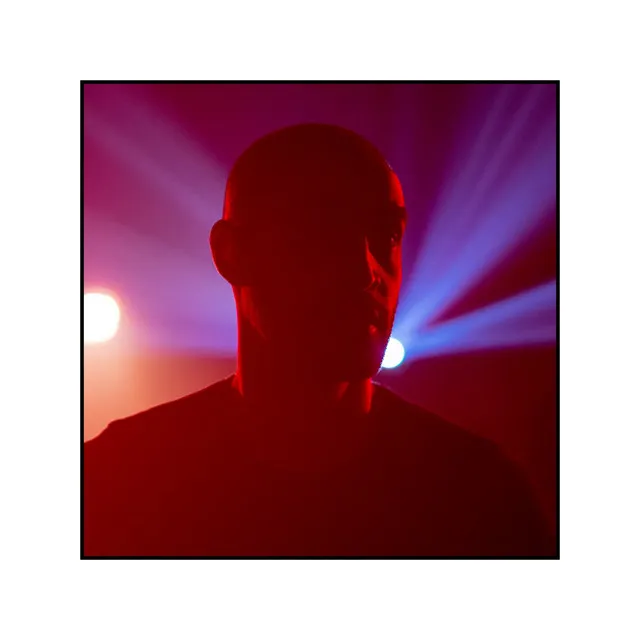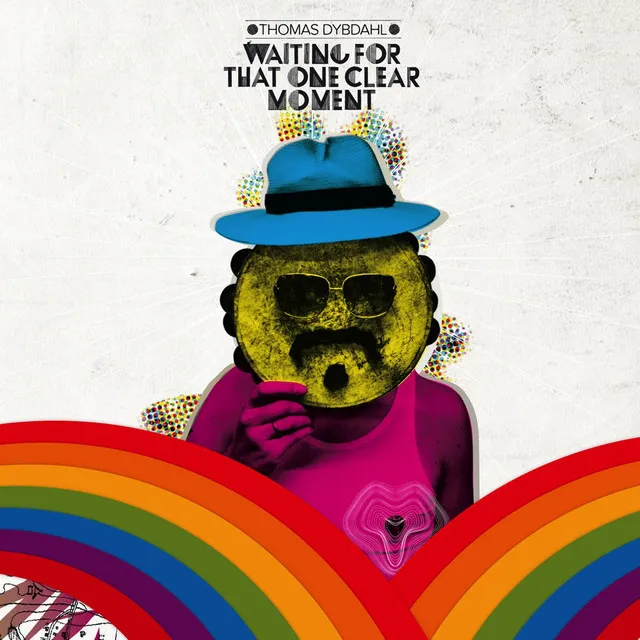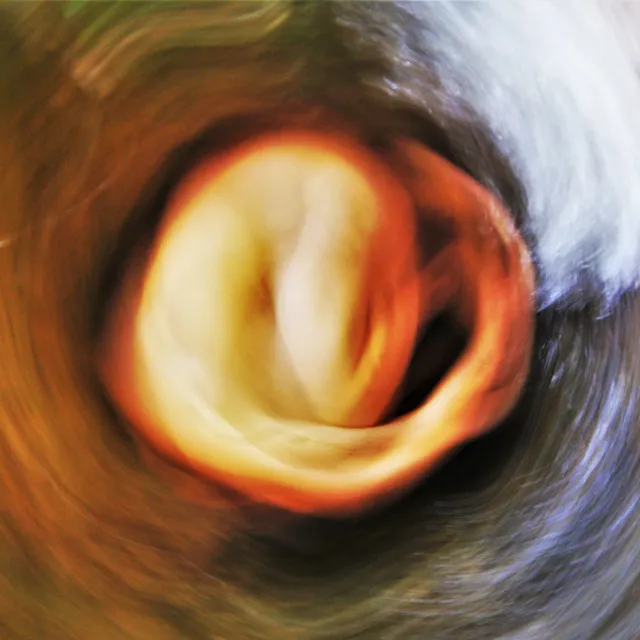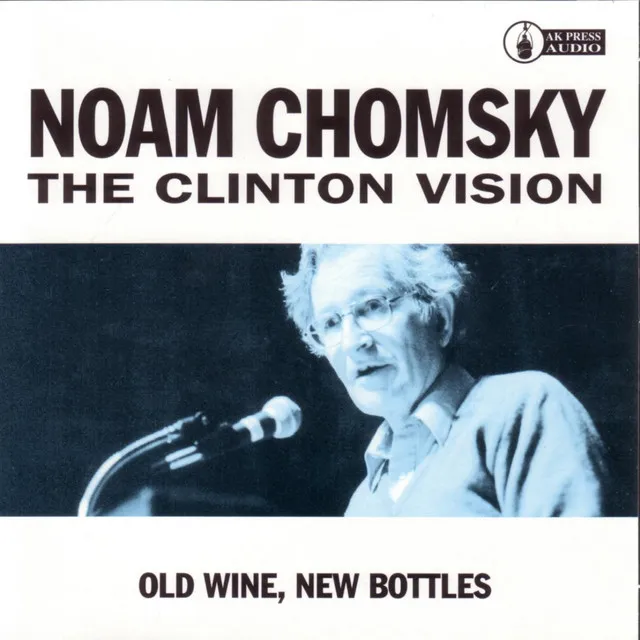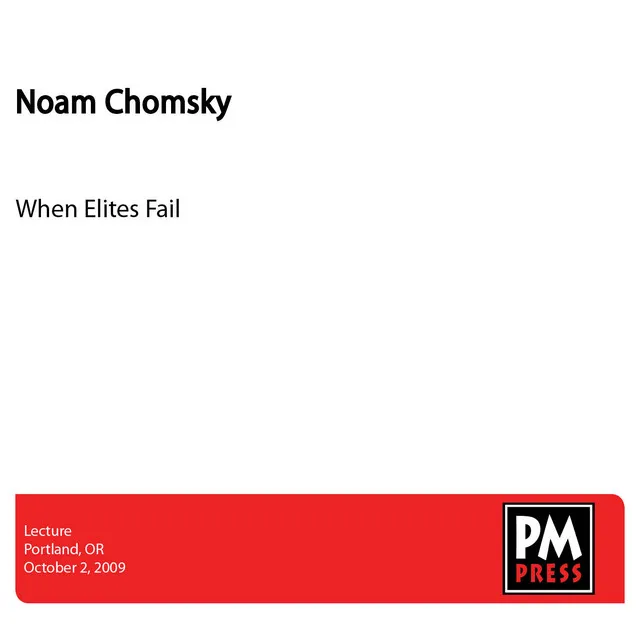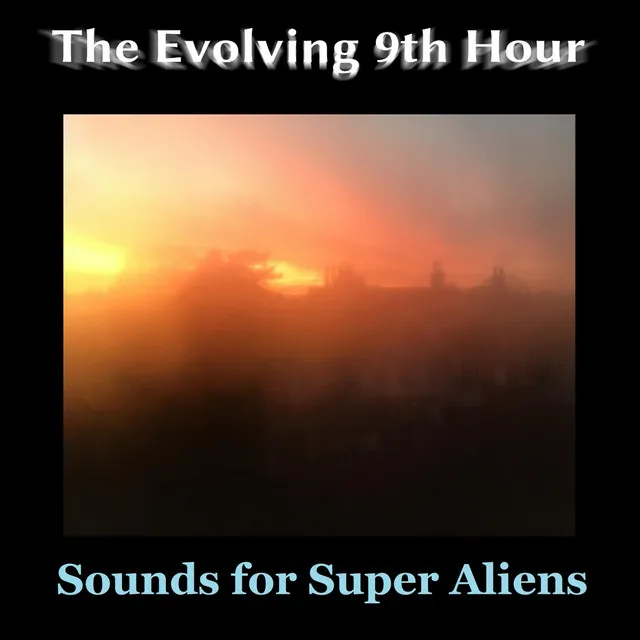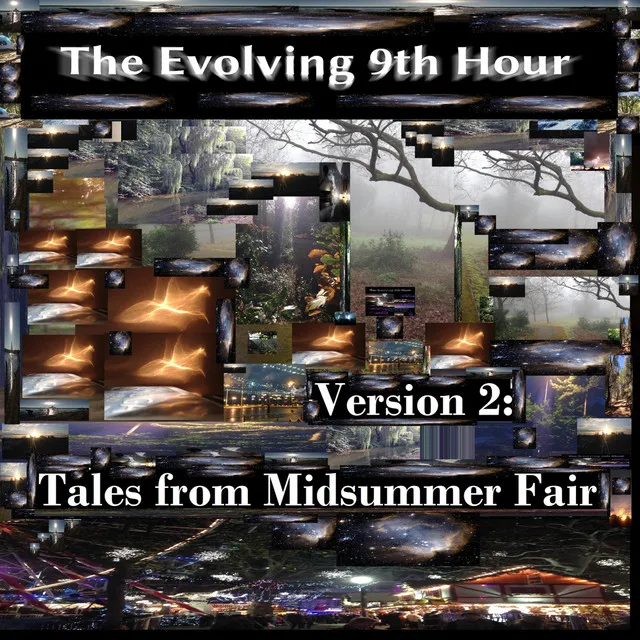"It is important to bear in mind that political campaigns are designed by the same people who sell toothpaste and cars." -- Noam Chomsky
Although Noam Chomsky has been best known as an outspoken leftist-radical critic since his opposition to the Vietnam War during the '60s, his initial recognition centered on a number of intellectual contributions in generative grammar and theoretical linguistics. A professor emeritus at the Massachusetts Institute of Technology (MIT), Chomsky has issued a steady stream of articles, speeches, books, and CDs attacking United States foreign policy. While it is common for detractors to associate his politics with the left wing of the Democratic Party, Chomsky has also been an avid critic of Democratic administrations (Lyndon Johnson, for instance, was president when the Vietnam War escalated during the mid- to late '60s).
Chomsky was born on December 28, 1928, in Philadelphia, PA. His father, William Chomsky, was a Hebrew scholar and a member of the radical labor union International Workers of the World (IWW). Chomsky wrote his first article at ten about the spread of fascism during the Spanish Civil War. He married Carol Schatz in 1949, and continued his education at the University of Pennsylvania, where he received a doctorate in 1955. At the time of graduation, Chomsky joined the staff of MIT, an association that has continued for 50 years. While his work as a scholar made central contributions to several fields, his focus -- at least in the public mind -- took a sharp turn toward politics in 1967, when he penned The Responsibility of Intellectuals in The New York Review of Books.
Beginning in the mid-'90s, Chomsky expanded his platform by issuing a number of spoken word CDs. In 1996 Allied Recordings issued Class War: The Attack on Working People, followed by For Free Humanity: For Anarchy in 1997. In 1998, Chomsky also revealed his nonpartisan, take-no-prisoner method with the release of Clinton Vision: Old Wine, New Bottles. In the recording he criticized the Clinton administration for its lack of vision, taking aim at foreign policy (free trade agreements), NAFTA (the North American Free Trade Agreement), and a health care proposal that offered little relief to poor Americans. "In brief, the developments of the past years offer new ways to put the screws on the overwhelming majority of the population both abroad and at home...," noted Chomsky in Z Magazine. "The Clinton vision merely announces another small step towards the same ends." He expanded on many of these themes in Free Market Fantasies: Capitalism in the Real World.
Chomsky's post-9/11 recordings may qualify as his most contentious and controversial. In New War on Terrorism (2002) and War Crimes & Imperial Fantasies (2004), he has harshly criticized Bush administration policies. "Half-truths, misinformation and hidden agendas have characterized official pronouncements about U.S. war motives in Iraq from the very beginning," Chomsky wrote in Khaleej Times. His most recent recording, Imperial Presidency: Sovereignty, Terror and the Second Super Power, was issued by the G-7 Welcome Committee in 2005. Chomsky has also been a critic of the American electoral system. "Why don't people care if the election is stolen?" he said in a 2005 speech. "The reason is that they don't take the election seriously in the first place." ~ Ronnie D. Lankford, Jr.
